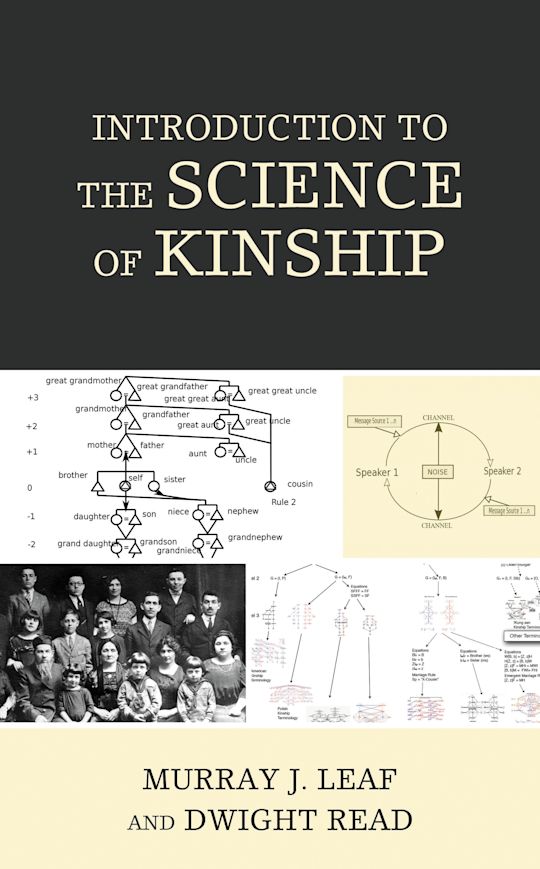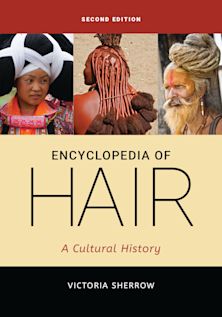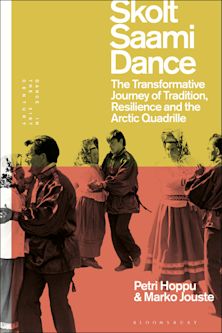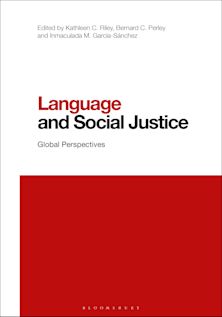Introduction to the Science of Kinship
Introduction to the Science of Kinship
This product is usually dispatched within 1 week
- Delivery and returns info
-
Free US delivery on orders $35 or over
Description
In Introduction to the Science of Kinship, Murray J. Leaf and Dwight Read show how humans use specific systems of social ideas to organize their kinship relations and illustrate what this implies for the science of human social organization. Leaf and Read explain that every human society has multiple social organizations, each of which is associated with a distinct vocabulary. This vocabulary is associated with interrelated definitions of social roles and relations. These roles and relations have four specific logical properties: reciprocity, transitivity, boundedness, and imaginary spatial dimensionality. These properties allow individuals to use them in communication to create ongoing, agreed-upon, organizations. This book is recommended for scholars of anthropology, sociology, linguistics, and mathematics.
Table of Contents
List of Tables
Acknowledgments and Who Did What
Chapter 1: Introduction
Chapter 2: The Path to the Kinship Apocalypse
Chapter 3: Theory of Organizations
Chapter 4: Kinship and Biology
Chapter 5: Kinship Maps
Chapter 6: Ideas Attached to Kinship Maps
Chapter 7: Domestic Group Organizations
Chapter 8: The Hopi
Chapter 9: The Purum
Chapter 10: The Dravidian Problem Transformed
Chapter 11: Kinship, Logic, and Mathematics
Chapter 12: Conclusion
Glossary
References
Index
About the Authors
Product details
| Published | Dec 30 2020 |
|---|---|
| Format | Hardback |
| Edition | 1st |
| Extent | 336 |
| ISBN | 9781793632371 |
| Imprint | Lexington Books |
| Illustrations | 38 b/w illustrations; 3 b/w photos; 3 tables; |
| Dimensions | 9 x 6 inches |
| Series | Anthropology of Kinship and the Family |
| Publisher | Bloomsbury Publishing |
Reviews

ONLINE RESOURCES
Bloomsbury Collections
This book is available on Bloomsbury Collections where your library has access.



































